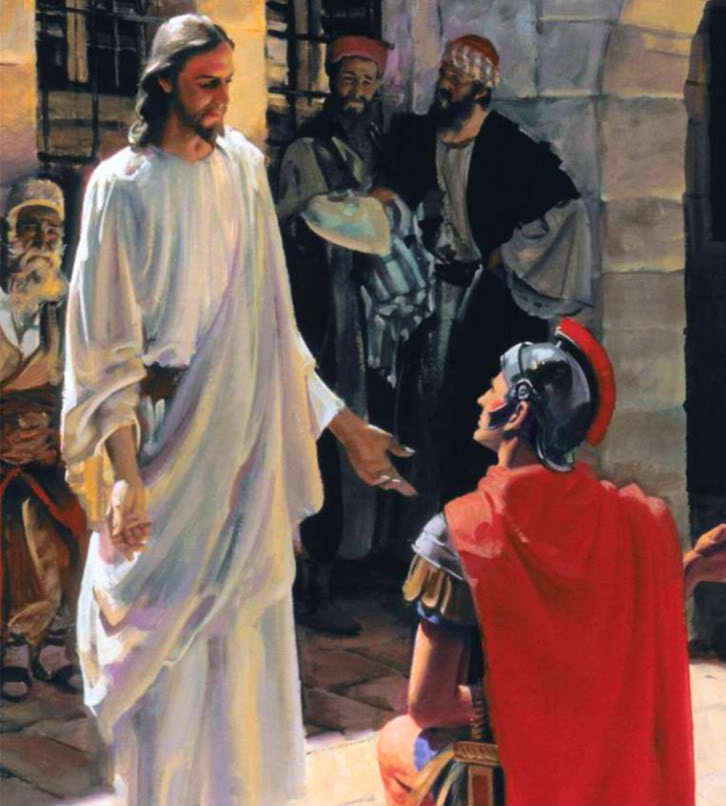In today’s First Reading the Letter to the Hebrews reminds us of so many “heroes” that the Lord raised up in the Old Testament to help his people in times of need: the Judges, prophets, and King David. Salvation history is a history of rescues with the Lord’s help and the Lord’s initiative.
All these rescues were just a taste for the biggest rescue to come: a rescue from sin and death where Our Lord comes as the definitive hero to save the day not just one more time, but forever. That’s a promise we’re all still waiting to be definitively fulfilled for all believers, and in the meanwhile we need to imitate Our Lord and try and practice some Christian “heroism” of our own.
Salvation history continues. Let’s imitate our greatest hero.
Readings: Hebrews 11:32–40; Psalm 31:20–24; Mark 5:1–20. See also 13th Week in Ordinary Time, Wednesday.

